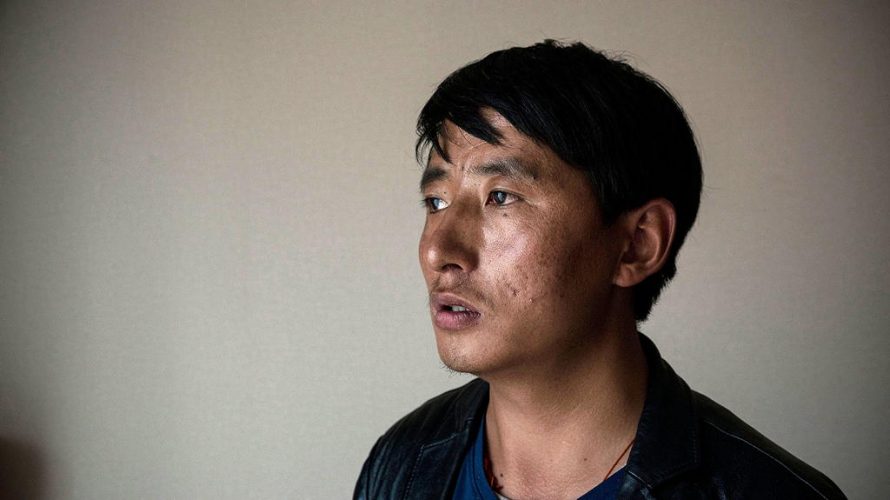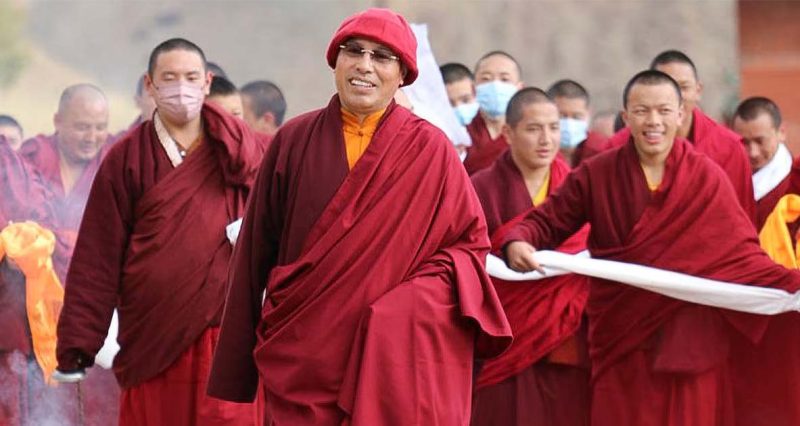Since the unrest and subsequent crackdown in Tibet in 2008, the Chinese authorities have adopted a harsher approach to suppressing dissent in order to uphold Tibet’s ‘security’ and ‘stability’ – political language to justify the repression of Tibetans for Chinese strategic and economic interests.
The government has established a comprehensive security architecture with new laws and regulations which by conflating any criticism or dissent with a threat to national security present serious danger to the fundamental rights of Tibetans. In a bid to control every aspect of Tibetan peoples’ public and private lives, surveillance has also been stepped-up – including the establishment of a neighbourhood grid surveillance system and new technologies that enable face-recognition and integration with big data analytics.
In this context, Tibetans who express concerns about Chinese policies in Tibet or even mild displays of their Tibetan identity continue to be detained, prosecuted and sentenced on the basis of vague and politically motivated charges, such as ‘subverting state power’ or ‘causing instability’. A prominent example is that of the Tibetan language advocate Tashi Wangchuk, who in May 2018 was sentenced to five years imprisonment on politically motivated charges of ‘inciting separatism’. His apparent ‘crime’ was a New York Times interview profiling his attempts to petition for the rights of Tibetans to speak and learn their own language at school – a right guaranteed by the Chinese Constitution. These political prisoners are particularly at risk of enforced disappearance, torture and ill treatment in custody.

Despite the huge risks they face, Tibetans courageously continue to peacefully claim their rights and call for the return of the Dalai Lama to Tibet. Although the number of self-immolations has decreased in recent years, partly as a result of the criminalization of those allegedly ‘associated’ with self-immolators, Tibetans resort to alternative forms of resistance, including filing petitions to the authorities and non-violent solo-protests.
Related news and resources

Celebrating in fear China’s Crackdown on Dalai Lama Birthday Tributes in Tibet
This reports highlights the threats faced by Tibetans in Tibet who celebrate the birthday of their Tibetan spiritual leader the Dalai Lama and urges the international community — including United Nations bodies, national governments, parliaments, and civil society organizations—to call on China to cease its repressive actions.

Tibetans inside Tibet face severe risks in celebrating birthday of Dalai Lama
As the 14th Dalai Lama approaches his 90th birthday and Tibetans, Tibetan Buddhists, and supporters around the world are preparing to celebrate the life and legacy of the exiled spiritual leader, a new ICT report shows how Tibetans in Tibet face severe risks for doing the same.

Tibetan Buddhist leader cremated in Vietnam under tight control points to Chinese transnational repression
The body of 57-year-old Tibetan Buddhist leader Hungkar Dorje was cremated on 20 April 2025, in a highly secretive and tightly controlled ceremony in Vietnam, according to information from sources who have been keeping in contact with people close to him.